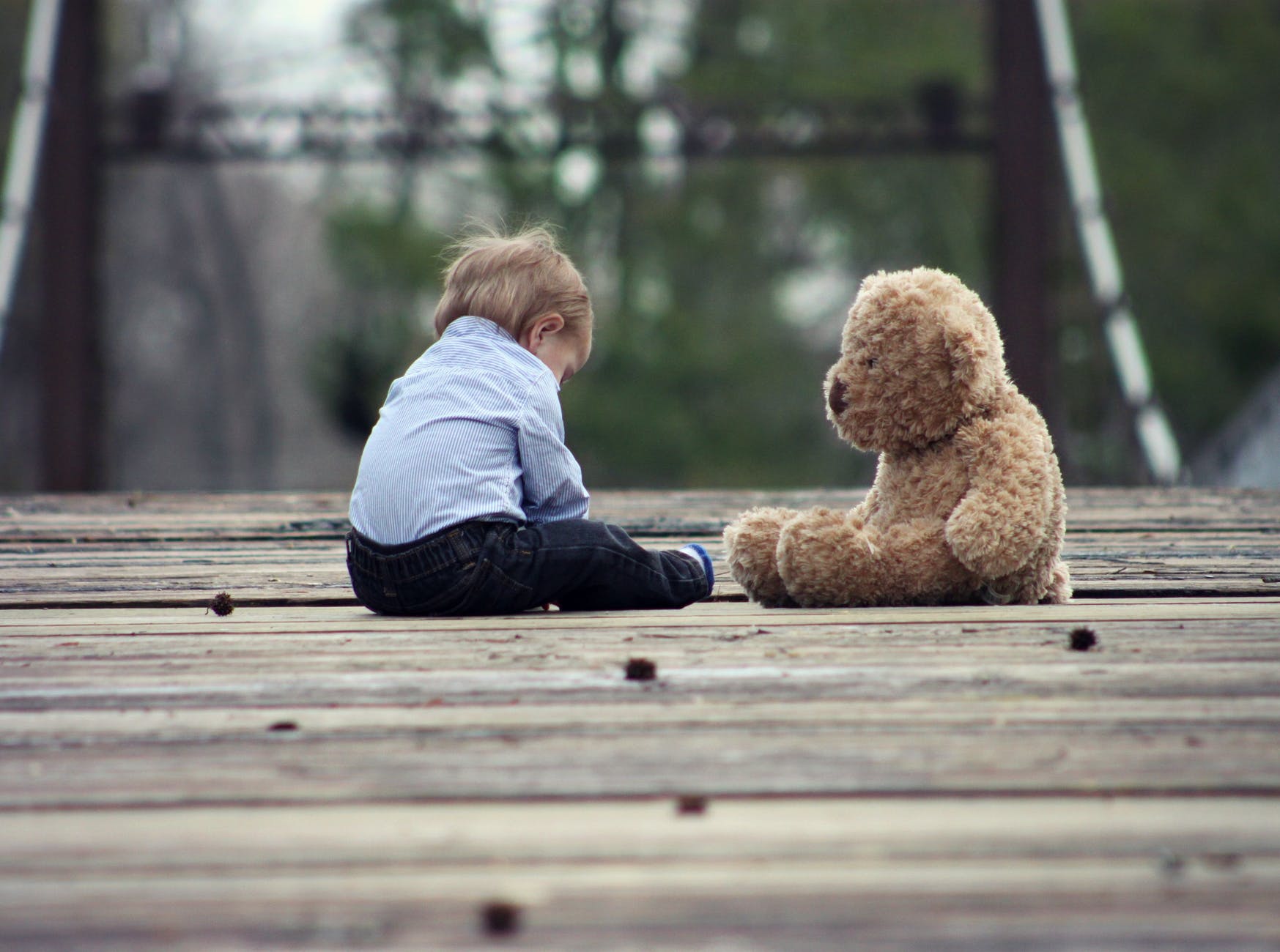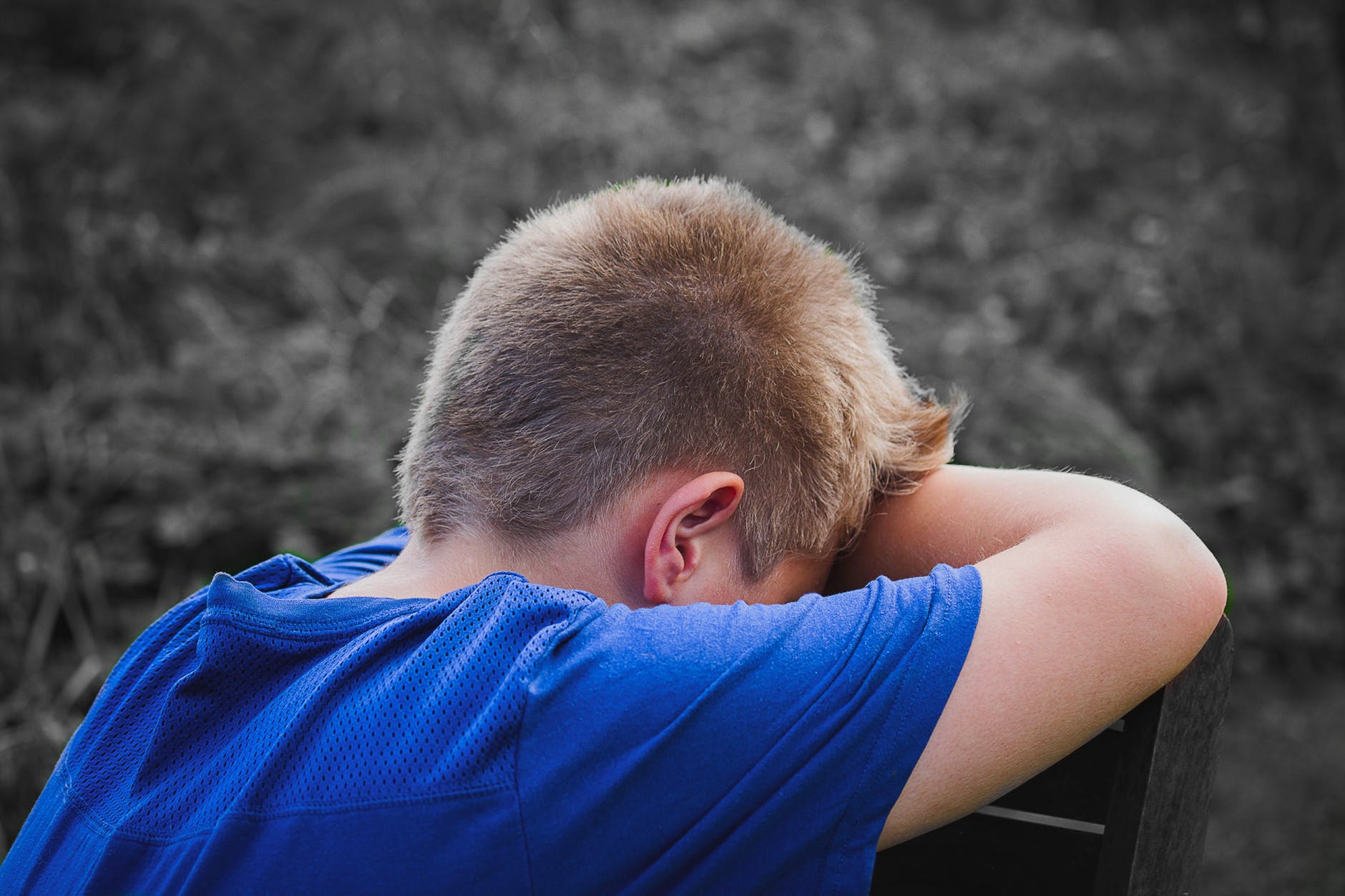How can you recognise and help your child cope with trauma?

In the aftermath of a distressing event, it can be difficult for many people to cope — and children and teens can be particularly vulnerable to overwhelming stress .
With the right support and intervention from parents, it can facilitate a healthy recovery. But how should you engage children who are showing signs of trauma? It’s also important to note that signs of traumatic stress are different in each child, and children of different ages can react differently to disturbing events as well.

We speak to Celynn Chang, senior counsellor and manager at Boys’ Town Clinical Intervention Centre , to find out more.
Boys’ Town is part of Safe Circle, which is a newly formed platform that aims to build a safe, nurturing and trauma-informed community through educating parents, teachers, young adults and helping professionals.
A partnership between seven local agencies, it offers training via complimentary talks and workshops for those who want to give a helping hand, empowering them to be more trauma-informed, to better support trauma survivors.
Celynn Chan (CC): There is no current formal statistic or research that studies the common causes of trauma in children in Singapore. However, in the Adverse Childhood Experience (ACE) Study conducted by IMH, it was found that almost two in three, or 64 per cent of Singapore’s resident adult population have experienced at least one adverse childhood experience in the first 18 years of their lives.
For the purpose of the study, ten of the most traumatic experiences that a child is likely to encounter were identified, and these are known as adverse childhood experiences. They’re categorised into three groups: abuse, neglect and household challenges.
[[nid:198876]]
Under abuse, there’s physical, emotional and sexual abuse. Under neglect, we have both physical and emotional neglect. And examples of household challenges include substance abuse, mental illness in the household, parental separation or divorce, living with an abused mother or female guardian, and an incarcerated household member.
There are also other events or experiences not listed above that children in Singapore may face and could be potentially traumatic, such as road traffic accidents, bullying, physical assaults, loss of a loved one, family violence, a medical intervention that is well-intentioned and necessary. Right now, there’s also the pandemic, which could introduce more adjustments and stressors, for instance.

CC: The term ACE is an acronym that originated from the Adverse Childhood Experience (ACE) Study. The ACE Study is one of the largest investigations of childhood abuse, neglect, and household challenges and how they impact later-life health and well-being.
The original ACE Study was conducted by the Center for Disease Control and Prevention in the US and Kaiser Permanente, a US healthcare group. From this study, it was found that adverse childhood experiences are common – about two-thirds of individuals reported at least one adverse childhood experience, and nearly a quarter have experienced three or more.
[[nid:510987]]
The ACE Study’s results also suggest that those who had exposure to at least one adverse childhood experience were more likely to have physical and mental health problems in adult life, as compared to no exposure at all.
A similar ACE study was conducted in Singapore as part of the 2016 Singapore Mental Health Study, which was led by IMH. It yielded similar findings from past research overseas on ACE, where almost two in three or 64 per cent of Singapore’s resident adult population have experienced at least one ACE in the first 18 years of their lives.
Those who have experienced at least one ACE are significantly more likely to develop a mood disorder, such as depression or bipolar disorder, and an anxiety disorder like obsessive-compulsive disorder and generalised anxiety disorder.

CC: ACEs are quite common. There is a powerful, consistent correlation between the more ACE experienced and the greater the chance of poor physical and mental health outcomes later in life. Without proper and adequate support, it can lead to future physical and mental health issues.
CC: The behaviour they exhibit is a means of communication and this is especially so for children and adolescents. Parents should look out for changes in their children’s behaviour such as outbursts, clinginess (especially in younger children), loss of focus and concentration in academics or even playtime, and intrusive thoughts.
Other common signs include anxiety, depression, increased irritability, changes in appetite and problem sleeping. They may also complain of stomach upsets or headaches with no known medical cause, even after seeing a doctor.
ALSO READ: Try these positive parenting strategies to correct your kid's bad behaviour
Irrational and unexplained anger outbursts might lead parents to believe that their child is becoming disobedient or mischievous and does not want to follow instructions, but it can be a sign of trauma or stress. Remember, they’re communicating through their behaviour, and it is important that we explore and find out what could be the cause of challenging behaviour.
CC: Adults and even children will recover from distressing or frightening experiences given time and support. In situations where parents or caregivers are not the perpetrators of the event that caused the trauma such as abuse or neglect, how parents deal with the crisis themselves and how they react to their child’s feelings and behaviour will have an enormous impact on their ability to cope.
Talk to your child the facts about what happened, in a way that is appropriate for their level of development and using language they can understand.
Ensure structure and routine daily so as to promote a sense of predictability and to reduce their anxiety. You can also help your child to relax through warm baths, story times, massages, and giving hugs.
This article was first published in The Singapore Women's Weekly.